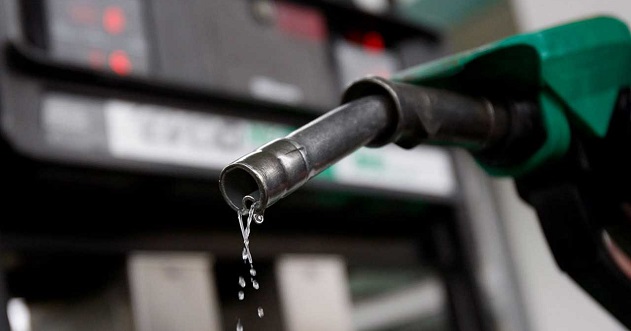Petrol imports to Nigeria from refiners in Northwest Europe (NWE) are expected to crumble at rates not seen by the country for quite a while as Africa’s top oil producer battles the teething problems of a hard-won deregulation, energy and commodities information provider, S&P Global Platts reported Friday, quoting Kpler.
“After falling sharply in April and May, gasoline exports from Northwest Europe to Nigeria have increased from 1.32 million barrels in April to 8.11 million barrels in August, according to data intelligence company Kpler.
“Kpler expects, however, a further sharp fall in NWE gasoline exports to Nigeria in September, to 2.12 million barrels, around 75% down on the month and 60% lower on the year,” S&P Global Platts said.
Market watchers see the demand-side impact of Nigeria’s resolve to fully deregulate retail gasoline prices this week becoming modest in the near term. Yet, this policy shift will have sweeping implications for European refiners, for whom Nigeria is a key export outlet.
Following several false starts to reform the country’s downstream oil sector, Nigeria seems to have finally ended outrageous fuel subsidies and migrated to a market-driven petrol pricing regime in the aftermath of the global oil crash.
The Petroleum Products Pricing Regulatory Agency (PPPRA) said on Tuesday fuel marketers would henceforth determine gasoline pump price in the spirit of the recently announced deregulation of the oil industry.
Formerly responsible for fixing a monthly price band for petrol, the PPPRA is now restricted to a supervisory role, Abdulkadir Saidu, the agency head, said at a virtual event.
Subsidy spending by Africa’s top oil producer approached $4 billion last year, averaging 300,000 barrels per day, S&P Global Platts Analytics showed.
“This is a sound economic decision. The subsidies were open to abuse and resulted in gasoline being smuggled into neighboring countries,” Naing Oo, an oil demand analyst for Platts Analytics, said. “I expect there will be no significant immediate impact on demand but there will be a negative impact in the medium term.”
Regional gasoline traders believe low refinery run rates in Europe could keep the present market balanced in the near time even in the event Nigeria’s demand for petrol falls in consequence of further hikes in pump prices.
“The gasoline market continues to be strong because of refinery run cuts, so it should be OK with lower West African demand I think,” one trader in Northwest Europe said.
Related posts
Subscribe
* You will receive the latest news and updates on your favorite celebrities!
Related Posts
Recent Comments
- dot grid bullet journal on 2023 Election: Prophet Wale Ola Reveals Shocking Prophecies About Buhari, Atiku, And El-Rufai
- Edgar on SELF LOVE | Six Ways To Take Better Care Of Yourself
- viagra for women on BREAKING: We’ve identified those who had contact with coronavirus patient, says Larfarge
- cheap mlb jerseys from China on 2023 Election: Prophet Wale Ola Reveals Shocking Prophecies About Buhari, Atiku, And El-Rufai
- school management system on Couple names twin babies Corona and COVID

